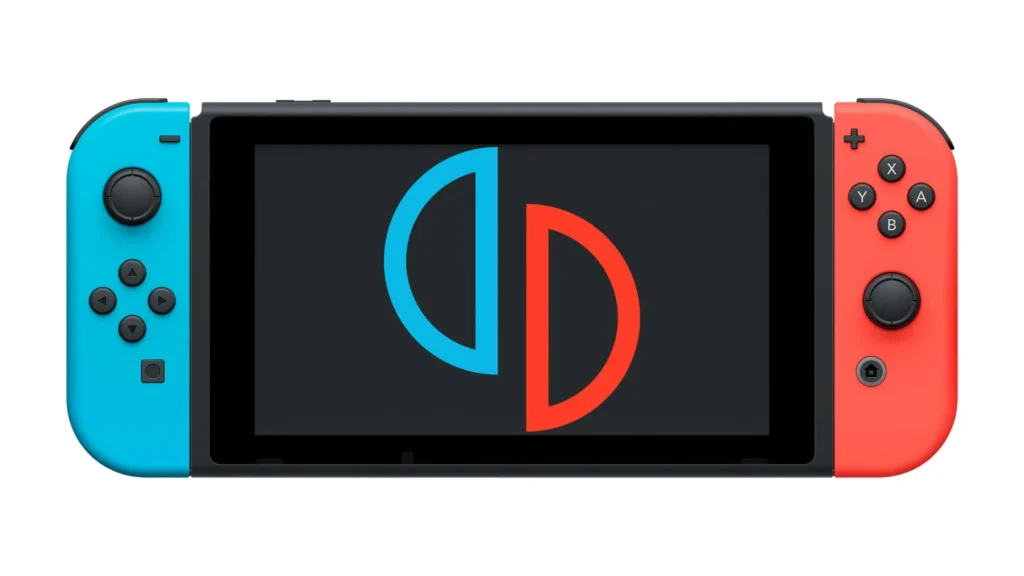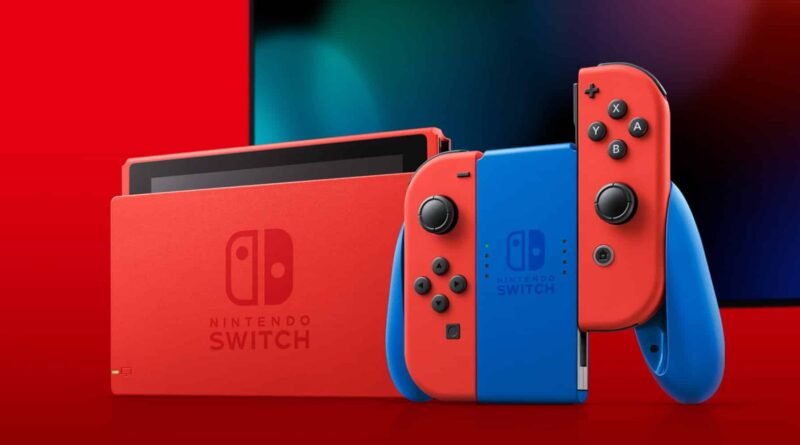Nintendo Files Lawsuit Against Yuzu Emulator Creators for Alleged Piracy
Nintendo Files Lawsuit Against Yuzu Emulator Creators for Alleged Piracy
Introduction
Nintendo, a prominent player in the gaming industry, has initiated legal proceedings against the creators of Yuzu, a widely used Switch emulator. The lawsuit alleges violations of the Digital Millennium Copyright Act (DMCA) and accuses the defendants of facilitating piracy on a significant scale.
Background
Nintendo’s lawsuit highlights the proliferation of Yuzu, an emulator that enables users to play pirated copies of Nintendo Switch games on PCs and Android devices. The complaint emphasizes the detrimental impact of such activities on Nintendo’s intellectual property rights and business operations.
In its complaint, Nintendo Files Lawsuit Against Yuzu Emulator Creators for Alleged Piracy ability to decrypt Nintendo’s encryption and bypass security measures infringes upon the anti-circumvention and anti-trafficking provisions of the DMCA. By providing a means to circumvent technological measures put in place to protect copyrighted works, the defendants are accused of facilitating piracy and undermining Nintendo’s efforts to safeguard its intellectual property.
Legal Allegations
The lawsuit underscores the significant impact of Yuzu on Nintendo’s business, citing an instance where the highly anticipated game “The Legend of Zelda: Tears of the Kingdom” was illegally distributed and downloaded over a million times before its official release. The complaint highlights the role of Yuzu in enabling such unauthorized distribution and consumption of copyrighted content.
The lawsuit serves as a significant development in the ongoing debate surrounding the legality of emulators and their implications for copyright infringement. While emulators themselves are not inherently illegal, Nintendo Files Lawsuit Against Yuzu Emulator Creators for Alleged Piracy their use to circumvent security measures and distribute copyrighted content without authorization raises legal concerns.
Impact on Nintendo
Nintendo cites the unauthorized distribution of “The Legend of Zelda: Tears of the Kingdom” as a prime example of the detrimental effects of Yuzu on its business. The game was illegally distributed and downloaded over a million times before its official release, significantly impacting Nintendo’s revenue and reputation. Nintendo Files Lawsuit Against Yuzu Emulator Creators for Alleged Piracy
Financial Gain
Nintendo alleges that the creators of Yuzu are profiting from their emulator through Patreon subscriptions and sales on platforms like Google Play. With substantial monthly earnings and revenue generated from their software, the defendants are accused of benefiting financially from piracy.

Furthermore, Nintendo alleges that the creators of Yuzu are profiting from their emulator through Patreon subscriptions and sales on platforms like Google Play. With monthly earnings of approximately $30,000 from Patreon supporters and an additional $50,000 from the paid version of their software, the defendants are accused of benefiting financially from facilitating piracy.
Implications for the Gaming Industry
The lawsuit raises broader questions about the legality of emulators and their role in facilitating copyright infringement. Nintendo Files Lawsuit Against Yuzu Emulator Creators for Alleged Piracy could set a precedent for future cases involving emulator development and copyright enforcement.
Seeking Relief
In seeking relief from the court, Nintendo aims to halt the promotion and distribution of Yuzu by its creators, in addition to seeking damages for the alleged infringement of its intellectual property rights. As the legal proceedings unfold, the gaming community awaits the resolution of this contentious issue and its potential impact on the future of emulator development and copyright enforcement. Nintendo Files Lawsuit Against Yuzu Emulator Creators for Alleged Piracy
Conclusion
Nintendo Files Lawsuit Against Yuzu Emulator Creators for Alleged Piracy marks a significant step in the ongoing battle against piracy in the gaming industry. As the legal proceedings progress, it underscores the importance of safeguarding intellectual property rights and upholding copyright laws in the digital landscape. The outcome of this case will not only impact the future development and regulation of emulators but also send a clear message about the consequences of engaging in activities that undermine the integrity of content creators and rights holders. Ultimately, Nintendo’s action highlights the company’s commitment to protecting its innovative creations and ensuring a fair and lawful gaming environment for all stakeholders.

